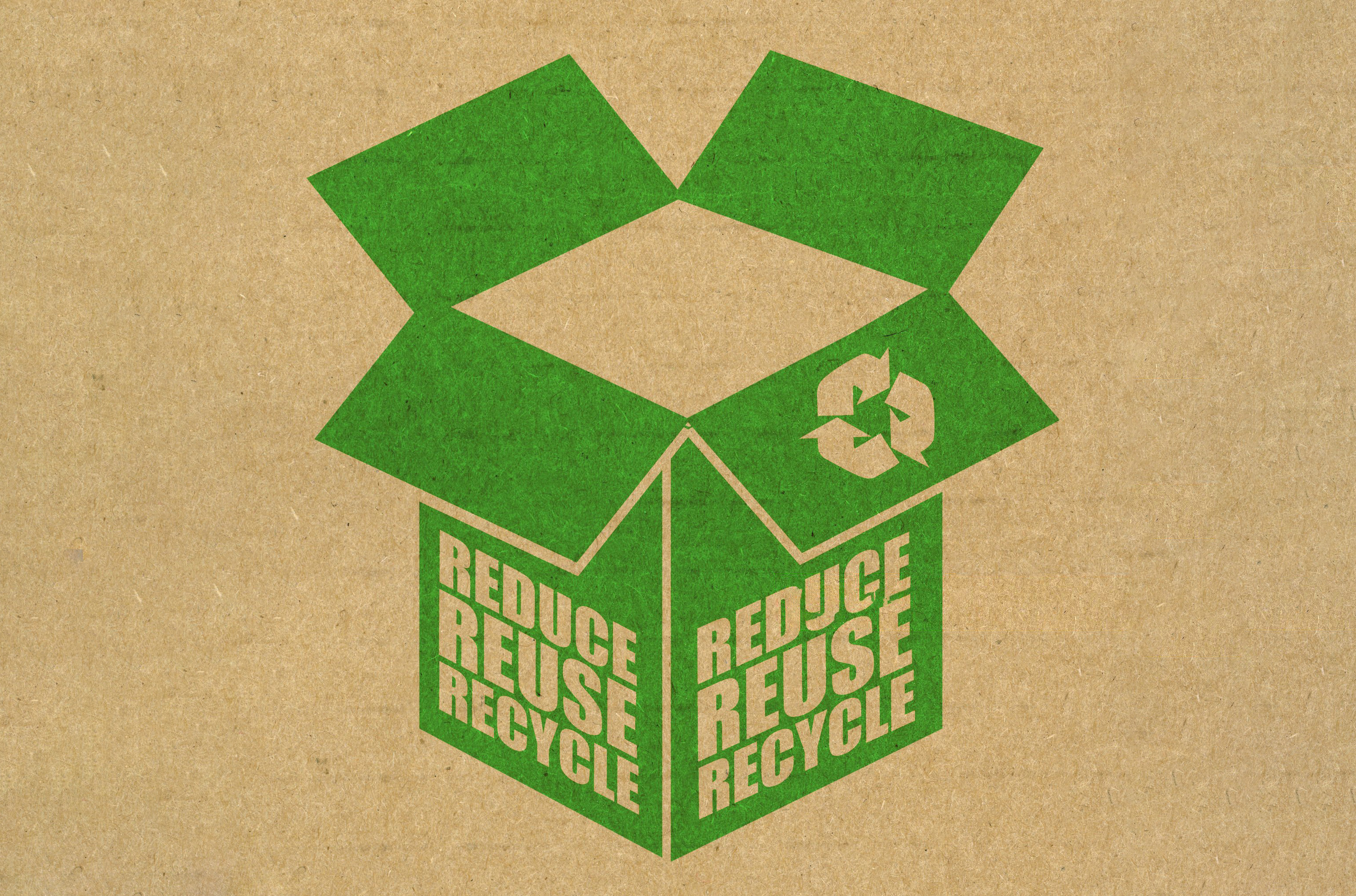
Sustainability has been one of those corporate buzzwords for years. Coined by the writers of the Nature's World Conservation Strategy commissioned by the International Union for the Conservation of Nature and Natural Resources in 1980, sustainability has been defined by the United Nations as “development that meets the needs of the present without compromising the ability of future generations to meet their own needs.”
It’s a laudable concept that has become a priority for many companies, governments, organizations, and school districts around the country. Individual consumers and citizens are demanding more of both themselves and the organizations they interact with in terms of how everyone can work together to achieve sustainability goals.
Categories of Sustainability
Depending on the organization, sustainability can take many forms. Here are some primary categories that many businesses and other groups focus on:
• Preventing Pollution. Manufacturing or other production companies may focus on reducing the waste or contamination in their processes. Efforts to reduce emissions, replace toxic substances with safer ones, and use fewer natural resources fall into this category.
• Conserving Resources. Using fewer non-renewable resources is something that many organizations can achieve. Many smart technologies such as motion detection lights and low-flow plumbing are designed to address this goal. Designing packaging to use fewer materials or recycled ones can also help.
• Increasing Efficiency. Although efficiency is not naturally associated with sustainability, initiatives such as lean manufacturing do make a difference. Efforts to increase efficiency mean that work is getting accomplished with less waste in time, materials, and processes.
• Pursuing Renewable Energy. Instead of repeating the same directions over and over again to your students, automate the task with this Scribe Chrome extension. Create step-to-step guides for frequently used tasks, saving you time for more important or creative activities
• Classroom Screen. Shifting society’s dependence on non-renewable resources to renewable ones such as solar and wind power can make a significant contribution to sustainability.
• Encouraging Responsibility. At the individual level, everyone can be encouraged to use and waste less while reusing and recycling more. Even the smallest efforts made by all can make a significant difference in the long run.
Sustainability in Schools
Many schools around the country are embracing sustainability initiatives as well, particularly in the area of food sourcing, serving, and waste as well as energy efficiency. By purchasing food from local sources, serving healthier alternatives, and composting leftover meals, schools can make a significant difference. In addition, small but helpful changes such as using energy-efficient light fixtures, recycling paper, and planting a school garden are also being more readily adopted.
The U.S. Department of Education Green Ribbon Schools program recognizes school sustainability efforts through a federal award. It highlights the cost-saving, health promoting, and performance-enhancing sustainability practices of schools, districts, postsecondary institutions, and early learning centers.
What is Eco-Packaging?
Today’s world is focused on consuming, convenience, and disposability. As a result, finding more environmentally friendly ways to package all those things that are used on a daily basis is key to sustainability efforts.
Eco-packaging is the effort to find more sustainable ways to wrap, store, ship or shelve any product. It can include efforts to use less packaging material, biodegradable substances to create compostable wrappings, or recycled matter in packaging.
While eco-packaging is typically associated with highly disposable items such as plastic bags and food packaging, it also includes using less material in durable goods that may have a longer shelf life as well.
MAXCases Commitment to Sustainability
The team at MAXCases has recently taken a closer look at how we package our cases and what typically happens to the boxes and plastic bags after they are unwrapped. We are proud to say that we have updated our product packaging to reduce its overall environmental impact.
Although we use protective poly bags to keep our cases clean and unscratched during shipping and handling, we are now using bags made from 100 percent recycled materials. In addition, these bags can be easily recycled anywhere grocery bags are taken. After bagging, cases are packaged together in boxes to be shipped to schools. These cardboard cartons are now made from 100 percent recycled post-consumer waste materials and recyclable after use.
Setting an Example
As teachers and educators, we set examples every day for our students. They watch how we work, behave, and interact. When we couple classroom discussions around the importance of environmental responsibility and conservation with our actions of reusing, recycling, and caring for the world around us, the message is a much more powerful one that will not only shape our students’ behaviors but also help preserve the world they live in.


